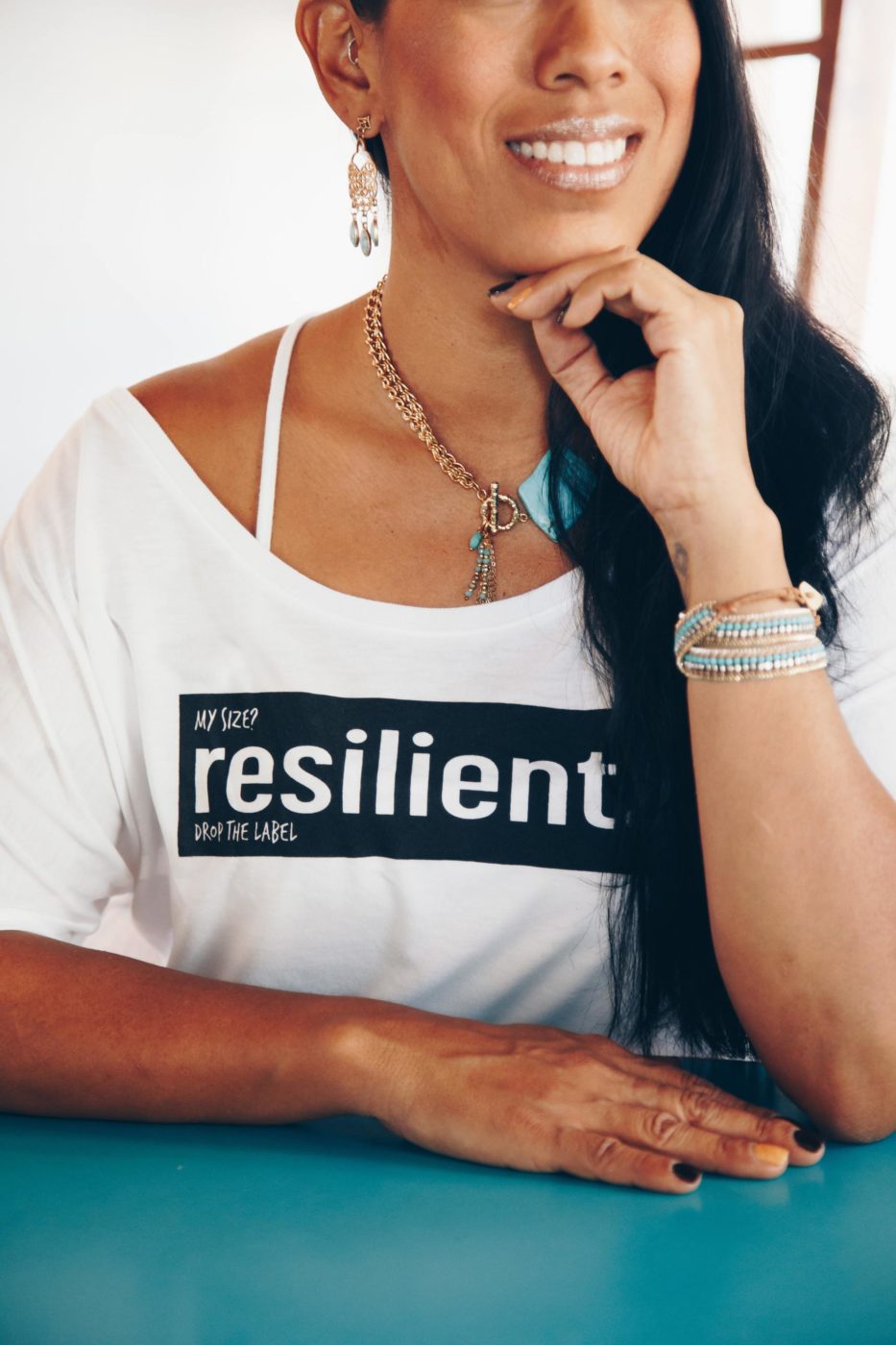
How to Build Resilience
Is resilience a skill you can develop? Yes, it is!
Resilience is a skill that is being recognised by many workplaces as highly desirable in their employees.
But what is it and can you develop it?
Resilience is that ability to cope when under pressure, dealing with stresses and strains in the workplace whether they’re from deadlines, workload, inter-personal relationships, financial considerations, change – the usual demands we face in all areas of our lives. When we think of resilience, we might imagine descriptors like flexibility, durability, strength, recovery – it’s our bounce-back-ability!
“I bend and do not break”
– Jean de la Fontaine
So it’s easy to see why it’s a desirable trait in employees. In the workplace, those resilient people will be able to cope better with the demands placed on them.
It might seem that some people are born with resilience whilst others have very little, and there is some truth in that; your genetic inheritance influences things like your physical appearance, your natural talents and your emotional inclinations. But it can also be developed as part of your conditioning, how you were brought up – which means you can learn it at a later stage too.
Resilience is made up of a number of elements – your experiences and the learnings you have taken from them, both the successes and the failures, and these feed into your outlook, whether you’re someone who embraces new experiences or shies away from them. One thing is a constant: resilience is built in times of stress or pressure, not when everything goes your way!
So, are you resilient?
When you’re faced with a challenge, a change or some adversity in the workplace, do you:
a) Take a breath, calm any initial feelings of panic, and look it square on?
b) Do you feel the panic, let it settle in and withdraw into yourself?
In response to those periods of change (which are stressful, because no matter how big or small any change causes some stress), we act either to meet them or to run away and hide, and through our experiences we create templates of behaviour or habits. Resilient people form the habits that push them forward – and that’s despite not always being successful, it’s all about the getting up and trying not the result.
That’s how you can develop resilience: through being responsive to change and pressure, and developing habits that increase your ability to meet them and perform. That’s when you enrich your life, when you move from coping through a situation into thriving in life.
And that’s the good news: we all have the capacity to be resilient, whether we have it naturally through our genetic inheritance, whether we learned it early on through our childhood conditioning, or whether we want to consciously develop it later in life.
How to Develop Your Resilience
1) Improve your ability to cope with stressors through reframing your perceptions – If you look on every challenge, change, adversity as a potential problem, something to be fearful of, you will activate your freeze-flight-fight survival system, which is designed to keep you safe (anything that acts as a barrier to you getting what you want or creates stress is deemed as a potential life-or-death danger to your survival system) which means taking up one of three positions:
i) Withdrawing and hunkering down
ii) Feeling panicked and wanting to run away
iii) Becoming angry, ready to fight
None of which are particularly helpful when you could do with a rational response instead of an emotional one. Seeing the situation as a challenge steers you out of the reactive survival mode and into a more proactive position, with a clear head and the ability to assess the situation properly to form a positive decision.
2) Learn from all your experiences – When you’re successful, take time to reflect on how it happened and any actions you took to get there. When you fail, take time to reflect on how it happened and any actions you took to get there. This is not about apportioning blame or patting yourself on the back, it’s assessing what actions, behaviours or even emotions contributed to the outcome, and whether they were helpful or not.
3) Push yourself out of your comfort zone – Resilience is built during times of stress, not times of calm. Ideally you want to start with small challenges and build on them, rather than taking a giant leap, but you can build resilience from both.
4) Check your reactions – Do you make a drama out of a minor problem? Do you over-react to small stresses? Is it helpful or do you want to change? Do you see your colleagues or friends remaining calm and level-headed and wish you could too? Well, you can. We can choose how we interpret and respond to events in our lives, each time we respond in a certain way we reinforce our internal template of our habit to do so again – but it can be changed. Being self-aware is the first step.
5) Be grateful – Acknowledging the things in our lives that support and help us is a vital step towards building resilience. We are stronger and better as part of a tribe than we are as individuals so cherishing those people and relationships helps us to feel part of a community. Practising gratitude promotes the development of our parasympathetic nervous system, our relaxed mode, which helps to defuse the sympathetic nervous system, the stress response mode. It means we operate less from a place of stress, and more from a relaxed and clear headed space – much better when making decisions!
6) Take action – You can have any number of brilliant ideas and plans, but nothing happens if you don’t actually do anything about it. And that works in adversity too, by doing something, no matter how small, it will bring a sense of control even if the situation doesn’t resolve as you wish it to.
7) Ask yourself “Why not?”, instead of “No Way!” – Develop a sense of realistic optimism and confidence that drives you forwards (it has to be realistic otherwise you will be setting yourself up for failure – there’s no point in thinking you’re absolutely going to win the lottery!). Trust your instincts without allowing negative emotions to stand in the way: take a stance of “What’s the best that can happen?” instead of “What’s the worst that can happen?”
Making some of the changes outlined above is just the start, there are many ways you can develop your personal resilience, things like daily mindfulness or meditation practise, gratitude journaling, exercise like yoga, cycling or running, connecting with people…. find the activities and strategies that work best for you.
And we need resilience now more than ever as we face the current Coronavirus Pandemic, so there’s no better time to start.
If you are struggling with stress or anxiety, you might be interested in our online course, you can view a taster of it here https://ispri.ng/gZKXD.
Contact geraldine@mind-yourbusiness.co.uk for information on the full course or any of our talks or workshops (all of which can be delivered online or in person), or 1-2-1 clinical hypnotherapy and psychotherapy.
